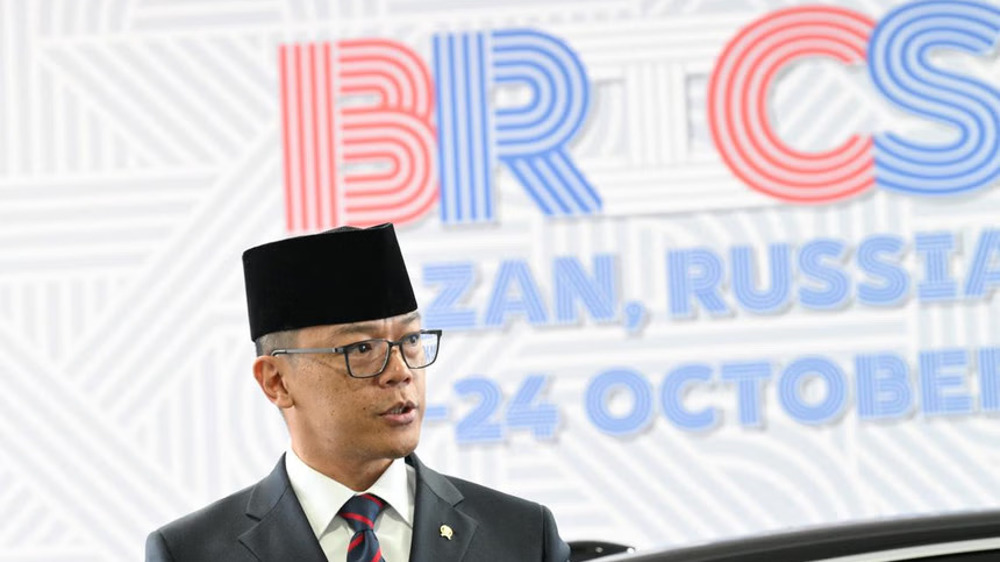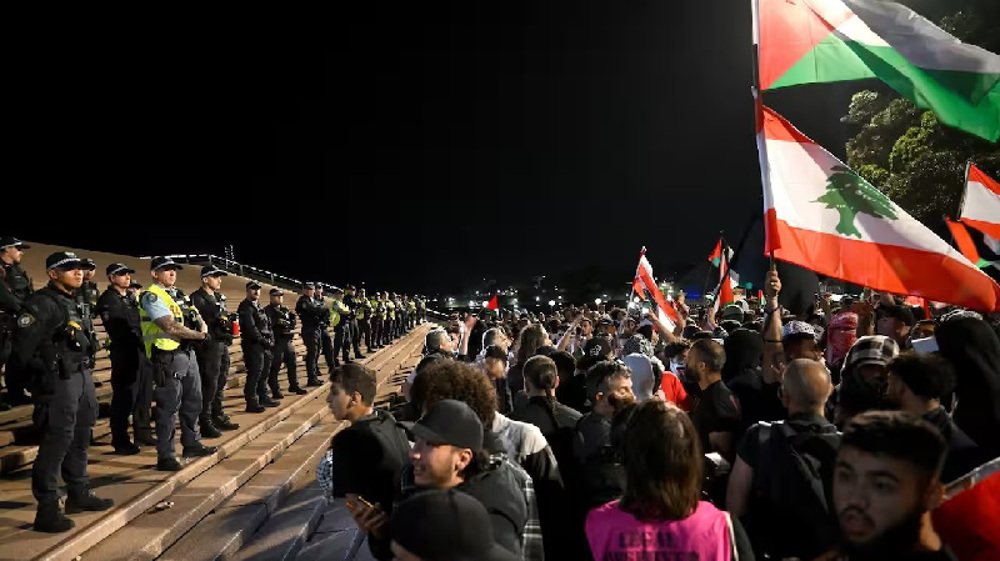Rights groups slam Myanmar abuse cover-up
Human Rights Watch (HRW) and other rights groups have accused Myanmar of trying to cover up abuses perpetrated by the country’s government forces against Rohingya Muslims in the western state of Rakhine.
Criticism poured in on Wednesday after a government-led commission in Myanmar released a report that flatly dismissed allegations of genocide and abuses by security forces in the region.
The report said there were “no cases of genocide and religious persecution,” adding that, the investigation panel had so far found “insufficient evidence” for legal action on allegations of rape by soldiers.
‘Pre-baked political conclusions’
Phil Robertson, the deputy director of the Asia Division at the HRW, reacted by saying that the panel was “looking more and more like the Myanmar government whitewash mechanism that we feared it would be.”
“Judging by what is written in this interim report, the commission has so far acted to discount out of hand what it calls ‘external allegations’ rather than seriously investigate them and risk uncovering the litany of rights violations against the Rohingya,” he added.
The New York-based organization also called the report “methodologically flawed” and “a classic example of pre-baked political conclusions to assert the situation is not so bad, designed to push back against international community pressure.”
‘Shameful government propaganda’
Matthew Smith, the founder of the campaign group Fortify Rights, said the report by the commission, which is led by Myanmar’s de facto leader Aung San Suu Kyi, was in stark contrast with accounts collected by researchers interviewing civilians in Rakhine and those who had fled to Bangladesh.
“The army has committed atrocity crimes and this commission is attempting a whitewash. Ministries led by Suu Kyi have charted the path of denial, waging a shameful propaganda campaign,” Smith noted.
International organizations and human rights groups have already blamed security forces for abuses against the Muslim Rohingya minority in Rakhine, including rape, killings, and the burning of more than 1,000 homes.
Myanmar’s military has launched a fresh wave of crackdown on Muslims since an attack on the country’s border guards on October 9 left nine policemen dead. The government blamed the Rohingyas for the assault.
There have been numerous accounts by eyewitnesses of summary executions, rapes and arson attacks against Muslims since the crackdown began. The military has blocked access to Rakhine and banned journalists and aid workers from entering the zone.
The United Nations (UN) has warned that ongoing human rights violations against the Rohingyas in Rakhine could constitute “crimes against humanity.”
Rakhine had been the scene of communal violence at the hands of Buddhist extremists since before the military siege. Hundreds of people have been killed and tens of thousands have been forced from homes to live in squalid camps in dire conditions in Myanmar, Thailand, Malaysia, and Indonesia since 2012, when Buddhist violence began.
The government denies full citizenship to the 1.1-million-strong Rohingya population, branding them “illegal immigrants” from Bangladesh. However, the Rohingyas are believed to be a community of ancient lineage in Myanmar.
According to the UN, the Rohingyas are one of the most persecuted minorities in the world.
VIDEO | Thousands evacuated in Ethiopia amid earthquakes, volcanic eruption fears
Revealed: Israeli ministers eye restoration of illegal settlements in Gaza through genocide
How Los Angeles’ pistachio tycoons facilitated and profited from wildfires
Iraqi PM: Iran was in Syria to fight terrorism; presence requested by Damascus
Hamas: Israel's massacre in Jenin camp won’t break resistance
60 bodies recovered from abandoned South African gold mine: Police
Biden administration ‘quietly’ circumnavigating own ban on TikTok: Report
Iran Navy takes delivery of first advanced ‘signals-intelligence’ destroyer










 This makes it easy to access the Press TV website
This makes it easy to access the Press TV website